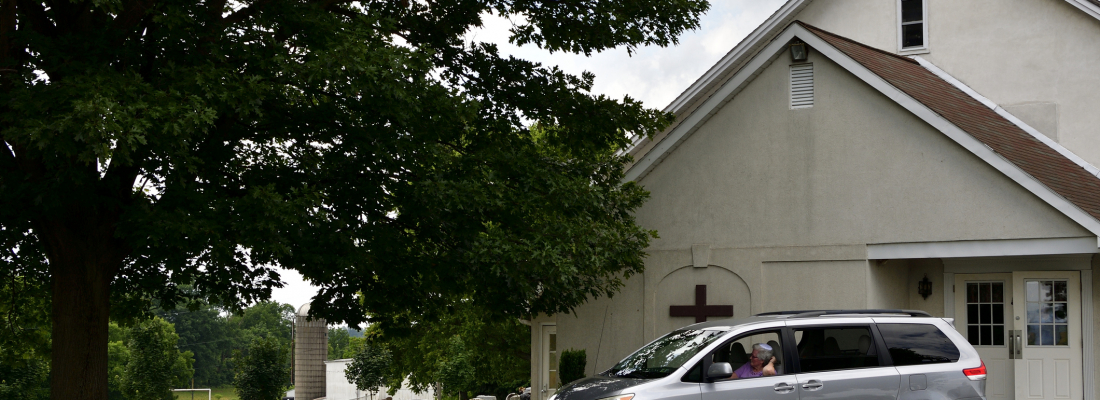Many churches use vans, buses, and automobiles to transport members and visitors. It’s often a convenient way to increase attendance at events for people who cannot drive themselves. Private and commercial vehicles are regulated by law. But are church-owned transportation vehicles held to the same standards? The short answer is: “yes, under certain circumstances.”
Federal Safety Laws for Commercial Vehicles
Church leaders need to be aware of federal safety laws, as well as state or local regulations. For example, the Federal Motor Carrier Safety Administration (FMCSA) regulates vehicles and drivers in certain situations.
For example, drivers of vehicles designed to transport 16 or more people usually must obtain a commercial driver’s license (CDL). Church-owned transportation vehicles of this size typically need to put CDL holders in the driver’s seat.
Regulations in this area can be very complex. Any church that owns fifteen-passenger vehicles should consult with an attorney to assure that they are compliant with the law, and are enacting and carrying out policies that meet the reasonable care standards required of directors. .
‘Commercial’ Church-Owned Transportation Vehicles
Church-owned transportation vehicles may be required to comply with FMCSA safety regulations when being used in a commercial capacity. However, not every trip using church transportation is required to comply with safety regulations.
According to the FMCSA, a bus or van is a commercial vehicle based on:
- Its size and passenger capacity,
- Whether the vehicle is for-hire, and
- Whether the vehicle will be crossing state lines.
The “for-hire” situation may be applied very broadly. Generally, then FMCSA regulations consider church-owned transportation vehicles to be for-hire if the church charges a fee for transportation to an event. However, sometimes transportation fees are lumped in with other fees.
For example, a church located in Newport Beach might plan a family retreat to be held in Utah. The cost of the retreat includes lodging, meals, and transportation on church-owned vans and buses designed to hold more than 15 passengers. Under these circumstances, the FMCSA likely will treat the vehicles as commercial vehicles. The church could face steep penalties if it fails to comply with FMCSA regulations.
Complying and Protecting
Faith-based organizations using church-owned transportation vehicles will want to protect the riders and the church. Steps to accomplish this goal include:
- Buy Insurance to cover any potential liability problems.
- Background Check and Training for drivers can ensure your riders’ safety.
- Maintenance can prevent injuries because of equipment breakdowns.
- Discuss your church-owned transportation vehicle policies and procedures with an experienced attorney.
Church leaders don’t have to be afraid to plan trips, retreats, and events for their members. It’s just important to make sure your transportation is safe and in compliance with federal safety laws.
Regulations Concerning Church-Owned Transportation Vehicles
The Church Law Center of California advises churches and other nonprofits on how to protect themselves from risk while furthering their mission. Call us today at (949) 892-1221 or reach out to us through our contact page.






